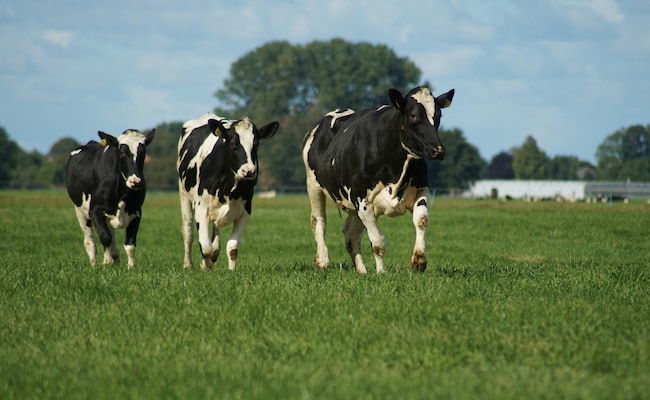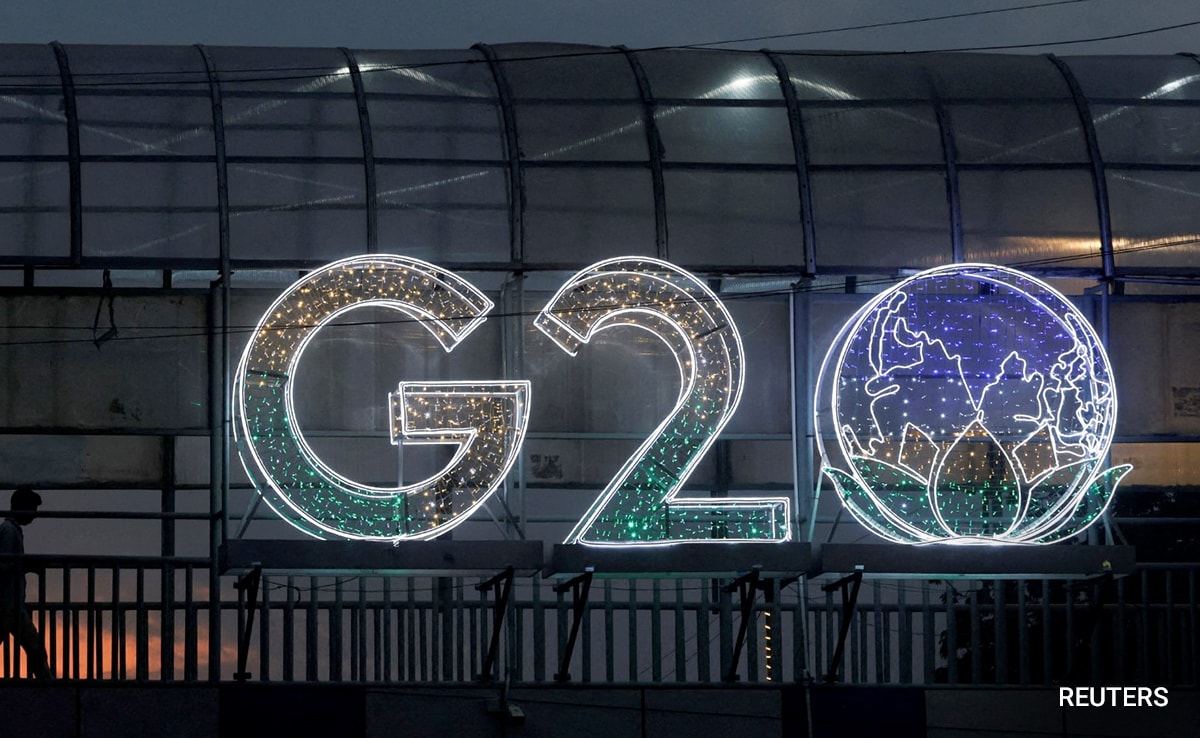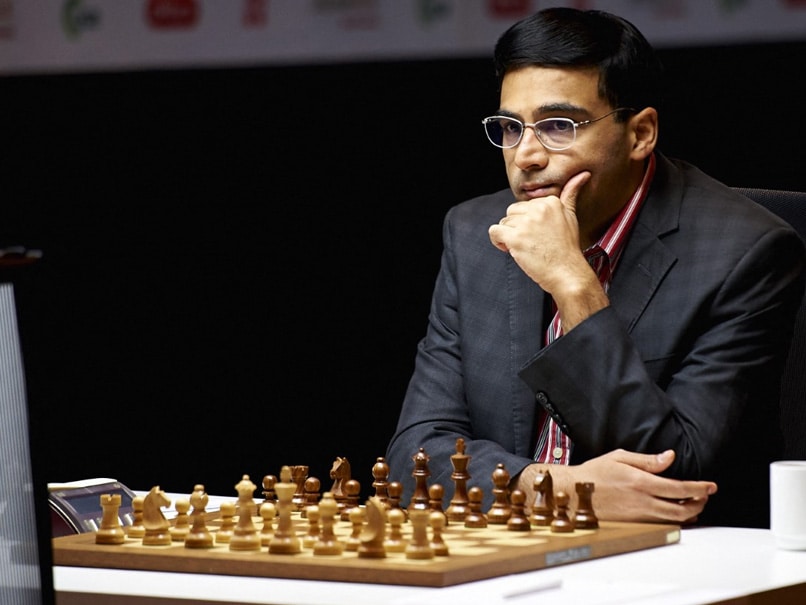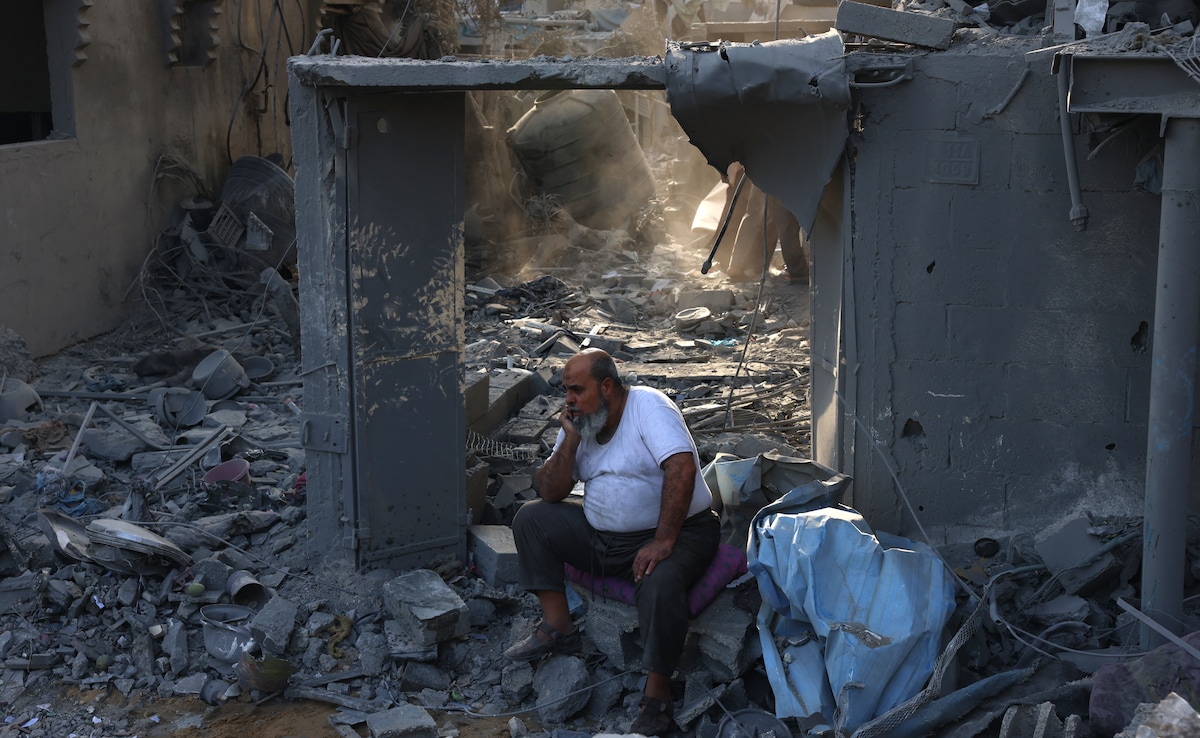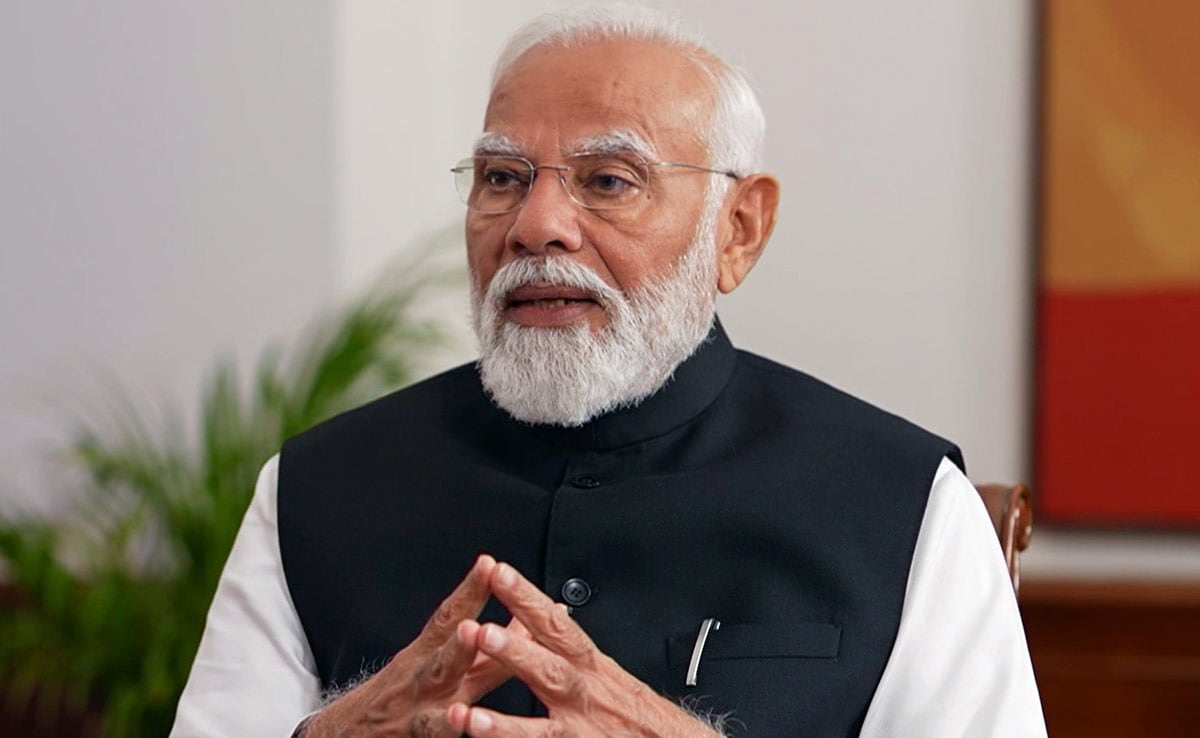A health worker administers the malaria vaccine Oxford-Serum R21 to a child in Abidjan, Ivory Coast, Monday, July 15, 2024. (AP Photo/Diomande Ble Blonde)
| Photo Credit: Diomande Ble Blonde
Health workers in Ivory Coast began giving children the latest malaria vaccine on Monday, July 15, 2024, the beginning of a regional campaign that experts hope might curb the impact of one of Africa’s top killers.
The West African country became the first to start rolling out the newest shot targeting malaria in an effort that aims to cover about 2,50,000 children under two. The three-dose vaccine known as R21/Matrix-M was developed by Britain’s Oxford University and was authorized by the World Health Organization last October.
Research suggests it is more than 75 per cent effective at preventing severe disease and death in the first year, and that protection is extended for at least another year with a booster.
Alice Kanga was one of the many who brought their children to get vaccinated Monday. “It’s really important for the children, for their health,” she said.

In 2021, WHO endorsed the first malaria vaccine, known as Mosquirix, made by GSK. But that vaccine requires four doses and protection fades within months. GSK also previously said it would only be able to make about 15 million doses.
But India’s Serum Institute has already made 25 million doses of the Oxford vaccine and says it plans to make at least 100 million every year, at a cost of about USD 4 per dose.
More than 94 per cent of the world’s roughly 249 million malaria cases and 6,08,000 deaths every year are in Africa. The parasitic disease is spread by mosquitoes and most often strikes children under five and pregnant women.
Pierre Demba, Ivory Coast’s health minister, said the malaria vaccination launch was an indication of the government’s commitment to invest in the country’s children.
“They are the future of our country,” he said.
Other measures for mosquito control continue to be critical
Adrian Hill of Oxford University said in a statement that the Ivory Coast roll-out “marks the start of a new era in malaria control,” adding that he hoped the shot would soon be available to all countries in Africa who wanted to use it.
Still, because malaria vaccines don’t stop the spread of the disease, experts have long warned that other measures like insecticide spraying, improved treatments and the use of bed nets will still be critical.
The Gavi vaccine alliance, which helps poor countries buy vaccines, said other countries including the Central African Republic, Chad and South Sudan have also received supplies of the Oxford-developed shot.


